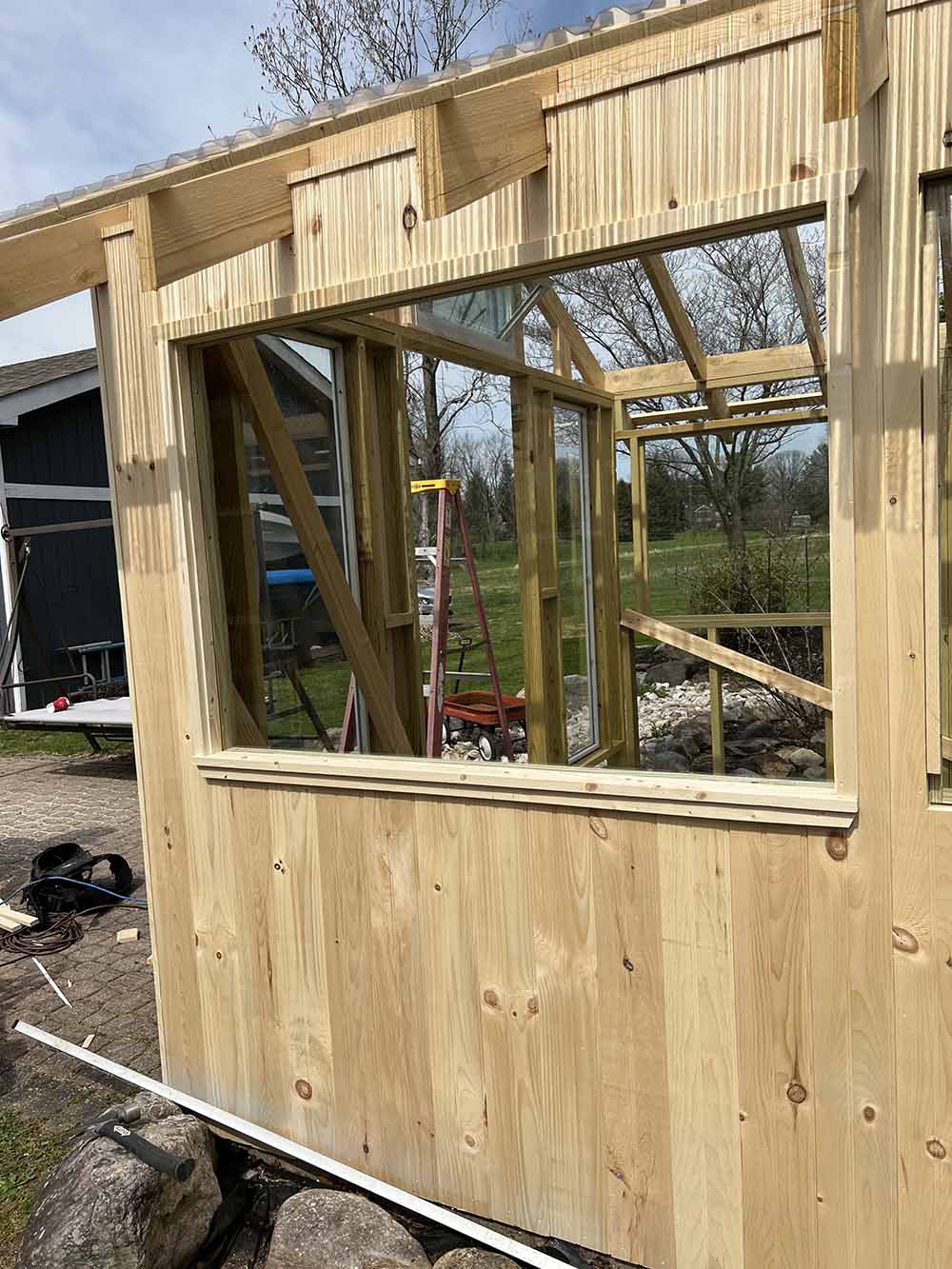
What starts as a hobby greenhouse can evolve into a profitable business opportunity with the right planning and execution. Commercial greenhouses offer the potential for significant income while providing a rewarding way to work with plants and contribute to your local food system.
The first step in transitioning to commercial production is understanding your local market. Research what crops are in demand in your area, what's currently being imported, and what local restaurants, farmers markets, and grocery stores are looking for. This research will help you identify profitable niches.
Scale is a critical consideration for commercial success. While a small hobby greenhouse might be 100-200 square feet, commercial operations typically start at 1,000 square feet or larger. This larger scale allows for more efficient production and better profit margins on individual crops.
Crop selection for commercial production should focus on high-value, quick-growing crops that can be harvested multiple times per year. Microgreens, herbs, and specialty lettuces are excellent choices for beginners, as they have short growing cycles and high market value.
Marketing and sales channels are essential for commercial success. Develop relationships with local restaurants, farmers markets, and specialty grocery stores. Consider direct-to-consumer sales through CSA programs or online ordering systems. Building a strong brand and reputation for quality is crucial.
Business planning and financial management are as important as growing skills for commercial greenhouse operators. Develop a detailed business plan that includes startup costs, operating expenses, projected revenue, and break-even analysis. Track all expenses and revenue carefully to understand your profitability.
Regulatory compliance is another important consideration. Commercial food production is subject to various health and safety regulations. Research your local requirements for food safety, business licensing, and any specific regulations for greenhouse-grown produce.
Technology and automation can significantly improve the efficiency and profitability of commercial operations. Automated irrigation, climate control, and even robotic harvesting systems can reduce labor costs and improve crop quality. While these systems require upfront investment, they often pay for themselves through increased efficiency.
Labor management becomes important as your operation grows. Consider whether you'll hire employees or work with family members. Develop clear processes and training programs to ensure consistent quality and efficient operations.
The property value benefits of a commercial greenhouse extend beyond the income potential. A well-designed, professionally constructed commercial greenhouse can significantly increase your property's value. It demonstrates the property's potential for income generation and shows that the land is being used productively.
Success in commercial greenhouse production requires patience and persistence. It typically takes 2-3 years to establish a profitable operation. Start small, learn from your experiences, and gradually scale up as you develop your market and improve your growing skills.
Remember that commercial greenhouse production is both a business and a lifestyle choice. The satisfaction of growing food for your community, the connection to nature, and the potential for financial independence make it a rewarding venture for those willing to put in the work.
